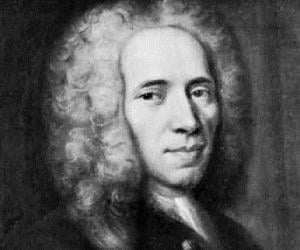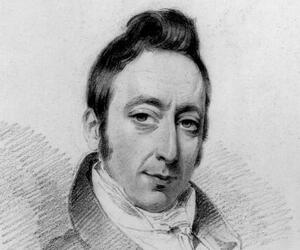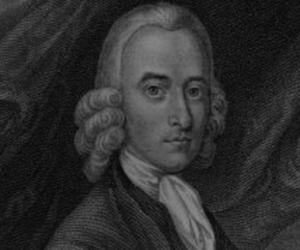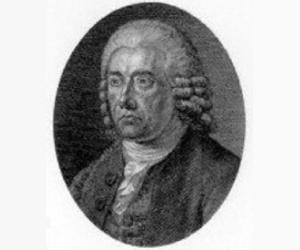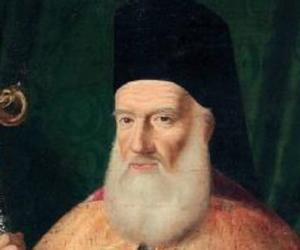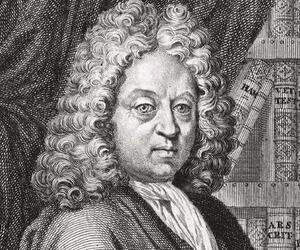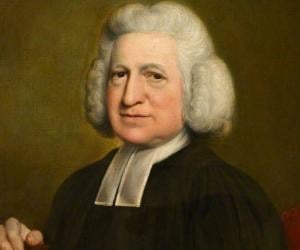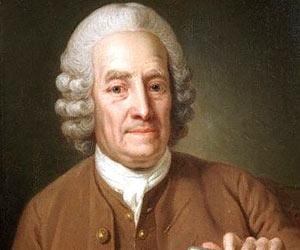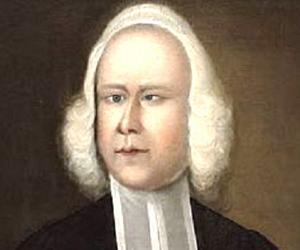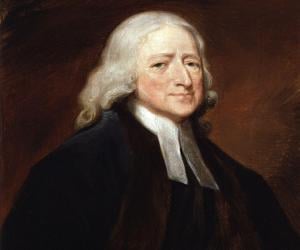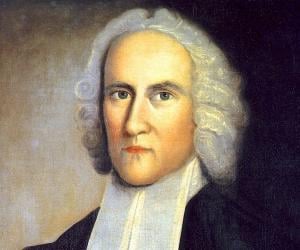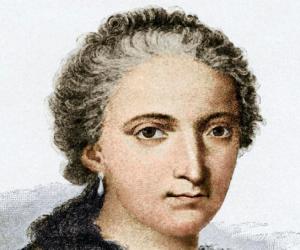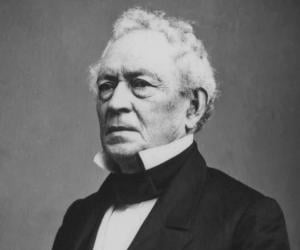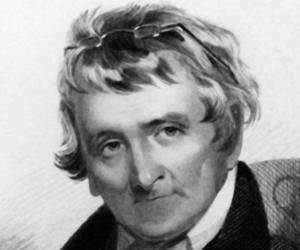One of the leaders of the Methodist revival movement, Charles Wesley is better known as the author numerous hymns and carols. Love Divine, All Loves Excelling and Christ the Lord Is Risen Today being some of his more popular works. Averaging ten poetic lines per day for fifty years, he published more than 4,500 hymns, leaving some 3,000 in manuscript.
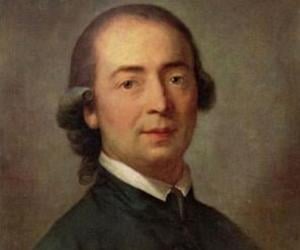
German philosopher Johann Gottfried Herder is best remembered as a significant figure of the Sturm und Drang literary movement. Born into poverty and largely self-educated till 17, he later became a disciple of Immanuel Kant and was associated with Enlightenment and Weimar Classicism. He was eventually ennobled.
Emanuel Swedenborg was a Swedish pluralistic-Christian philosopher, mystic, theologian, and scientist. Swedenborg started hogging the limelight after writing a book on the afterlife titled Heaven and Hell, which released in 1758. A prolific scientist and inventor, Swedenborg experienced spiritual awakening after which he started working on reforming Christianity. He even claimed that he could converse with angels and demons.
George Whitefield was an Anglican evangelist and cleric. He is credited with co-founding the evangelical movement and Methodism. Whitefield's teachings of a series of revivals in North America became an important component of the First Great Awakening. Thanks to his ability to captivate large audiences, George Whitefield preached to millions of listeners during his ministry.
John Wesley was an English cleric, evangelist, and theologian. He is best remembered for leading a revival movement called Methodism within the Church of England. He is credited with founding societies that eventually became the dominant form of the Methodist movement, which remains relevant today. He continues to be the main theological influence on Methodists all over the world.
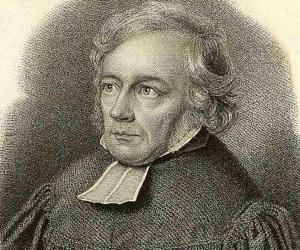
Hailed as an early leader of liberal Christianity, Lutheran philosopher Friedrich Schleiermacher was also an eminent biblical scholar and theologian. Best remembered for his works on hermeneutics and theory of translation, he also had a great impact on the evolution of higher criticism and became known for his attempt to reconcile the criticisms of the Enlightenment with traditional Protestant Christianity.
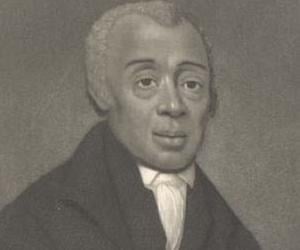
Born to slave parents, American clergyman Richard Allen became a Methodist convert at 22. He later founded the African Methodist Episcopal Church and served as its first bishop. Apart from establishing the first church for Blacks in the U.S., he worked on various aspects to improve the lives of Blacks.
Jonathan Edwards was an American philosopher, revivalist preacher, and Congregationalist Protestant theologian. Considered one of America's most prominent and influential philosophical theologians, Jonathan Edwards played a major role in shaping the Evangelical Revival of the 1730s and 1740s. His theological work is credited with paving the way for a new school of theology called the New England theology.
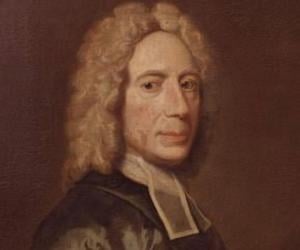
Italian mathematician Maria Gaetana Agnesi, daughter of an affluent silk trader, was well-versed in a number of languages as a child. Most of her work was regarding algebra, calculus, and the Witch of Agnesi. She was also the first female academic to write a math book and to teach math.
Edward Everett was an American politician, diplomat, educator, pastor, and orator. Widely regarded as one of the great orators of the Civil War and antebellum eras, Everett is remembered for his two-hour speech at the Soldiers' National Cemetery in Gettysburg in 1863, where Abraham Lincoln delivered his popular Gettysburg Address. Edward Everett also taught ancient Greek literature at Harvard University.
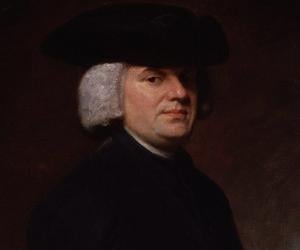
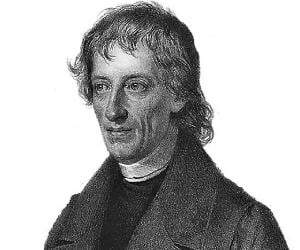
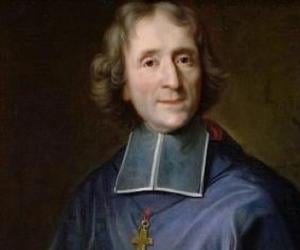
François Fénelon was a French writer, poet, theologian, and Catholic archbishop. He is best remembered for his book The Adventures of Telemachus, which was published in 1699. François Fénelon also served as a tutor of Louis, Duke of Burgundy, guiding the character formation of Louis, Grand Dauphin's eldest son.

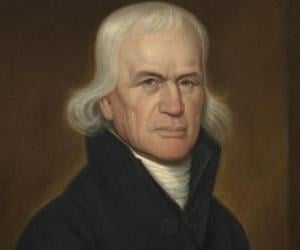
Francis Asbury was a bishop of the Methodist Episcopal Church. He played an important role during the Second Great Awakening, popularizing Methodism in British colonial America. He is credited with establishing many schools and his journal is deemed important by scholars due to its account of frontier society; his journal has descriptions of the functioning of towns in Colonial America.

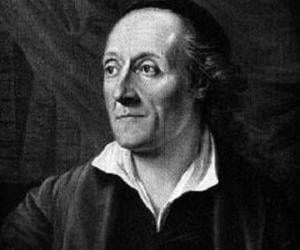
Best known for his research on physiognomy, Johann Kaspar Lavater was also a theologian and an author. He had penned books such as Aussichten in die Ewigkeit and several epic and lyric poems. He died of a grenade wound during the French occupation of Switzerland.
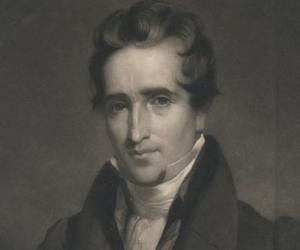
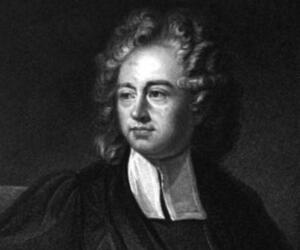


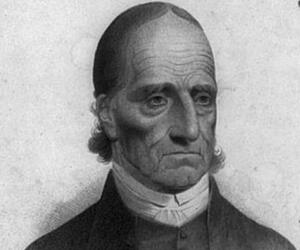
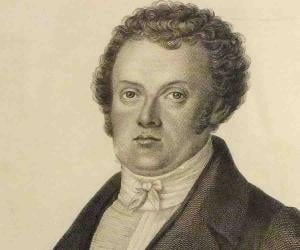

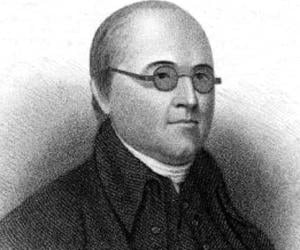
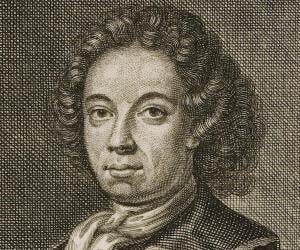
Remembered as the “mad scientist,” Johann Konrad Dippel is considered by many as the person who had inspired Mary Shelley to write Frankenstein. He used the pseudonym Christianus Democritus to write various scientific texts and claimed his concoction Dippel's oil was the "elixir of life" that promised immortality.
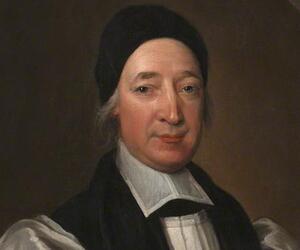
Anglican bishop and hymn writer Thomas Ken had also been King Charles II’s chaplain. He was one of the seven bishops who opposed King James II’s Declaration of Indulgence that was focused on promoting Roman Catholicism. He was eventually forced to retire due to his opposition to William and Mary.
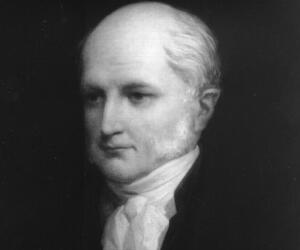
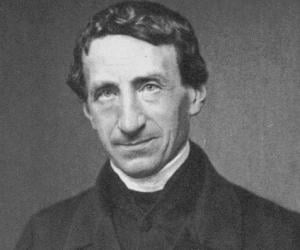
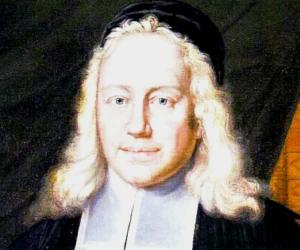
Remembered as one of the chief figures of German Pietism, August Hermann Francke had also been a professor of theology at the University of Halle. Though criticized by radical Lutherans, his social activism saw him providing education and essentials for the poor at his Francke Foundations.
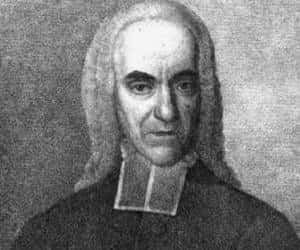
It is unfortunate that German Lutheran clergyman Johann Albrecht Bengel is only remembered for his work on Greek New Testament. One of the greatest biblical scholars, he was also a devout Christian, who founded Swabian Pietism. He was also a pioneer in the modern textual criticism, in scientific exegesis and in modern eschatological study.
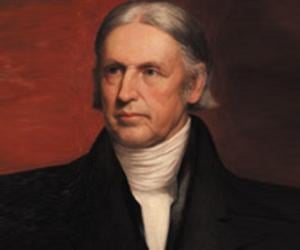

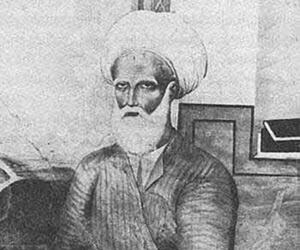
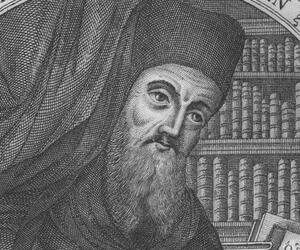

A non-juror bishop, theologian, celebrated author and theatre critic, Jeremy Collier refused to take oath of allegiance to King William III and was sent twice to prison for supporting James II. Despite that, he publicly gave absolution on the scaffold to King’s enemies and suffered reprisal for it. He published several works, some which became quite controversial.
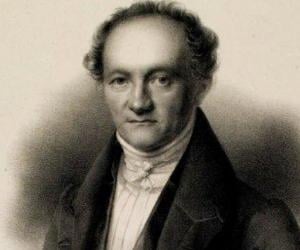
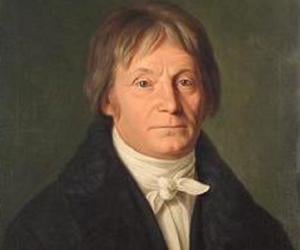
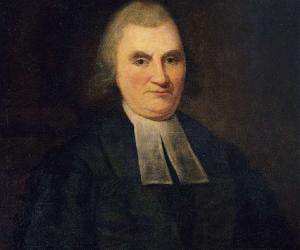
John Witherspoon was a Scottish American slaveholder, Presbyterian minister, and Founding Father of the United States. A signatory to the Declaration of Independence, Witherspoon also signed the Articles of Confederation. He also played a crucial role in shaping public policy in the United States of America.
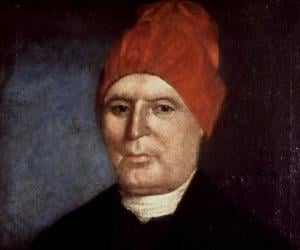
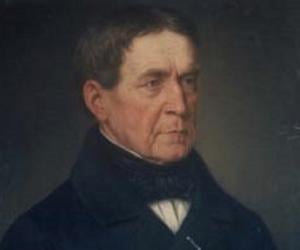
Roman Catholic philosopher Franz Xaver von Baader followed in his doctor father’s footsteps to study medicine initially but soon switched to mining engineering. He later deviated permanently to politics and religion. Rejecting Western philosophy, he propagated the Scholastic school and penned his thoughts in journals and short essays, using mystical symbols.
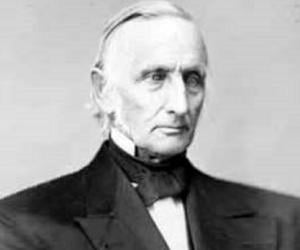
Samuel Simon Schmucker was a theologian and Lutheran pastor. He played a key role in the founding of the Lutheran Theological Seminary at Gettysburg as well as Gettysburg College. He also played a major role in the founding of the Evangelical Lutheran General Synod of the United States of America. He was also well-known for his efforts as an abolitionist.
